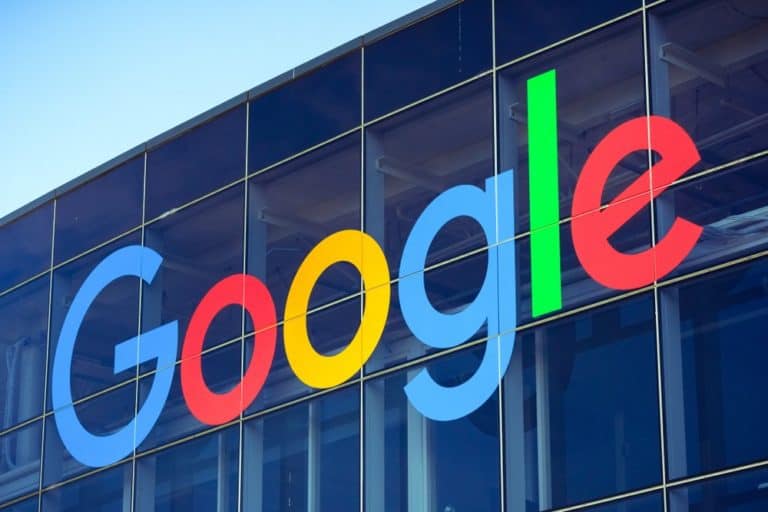Google has asked the highest court in the United States to look at the nine-year conflict with Oracle about the use of Java APIs in Android. Google wants the Supreme Court to make a decision on two decisions that were in Google’s favour and to state that no copyrights can be claimed on APIs. Google’s use of Java APIs should continue to be subject to fair use.
In a blog post, Google’s Chief Legal Officer, Kent Walker, writes that patenting APIs equates to certain keyboard shortcuts that can only work on a particular type of computer. According to Walker, Android is built according to an established practice within the tech industry that reuses software interfaces. This makes it easier to implement common functionality. That’s similar to how the combination of control and p on your keyboard causes a computer to print a page.
Disastrous consequences
According to Walker, Android was a transformative new platform that enabled millions of Java programmers to use their existing skills to create new applications. And the creators of Java supported the release of Android, because they argued that it had tied a bunch of missiles to the momentum of the Java community.
However, in 2009 Oracle took over the owner of Java, Sun Microsystems, and stated that Java was the most important software Oracle had ever acquired. A year later, Oracle decided to sue Google for using Java in Android. Google believes that – if the court decides in favour of Oracle – this could have disastrous consequences.
Unless the Supreme Court reverses the two decisions, this case will put an end to the traditional freedom of developers to use existing software interfaces to develop new generations of computer programs for consumers. But according to Oracles Dorian Daley, this is nonsense and is not, and never will be, a justification for copying other people’s material. Oracle will therefore do everything in its power to protect and grow its innovations.
This news article was automatically translated from Dutch to give Techzine.eu a head start. All news articles after September 1, 2019 are written in native English and NOT translated. All our background stories are written in native English as well. For more information read our launch article.